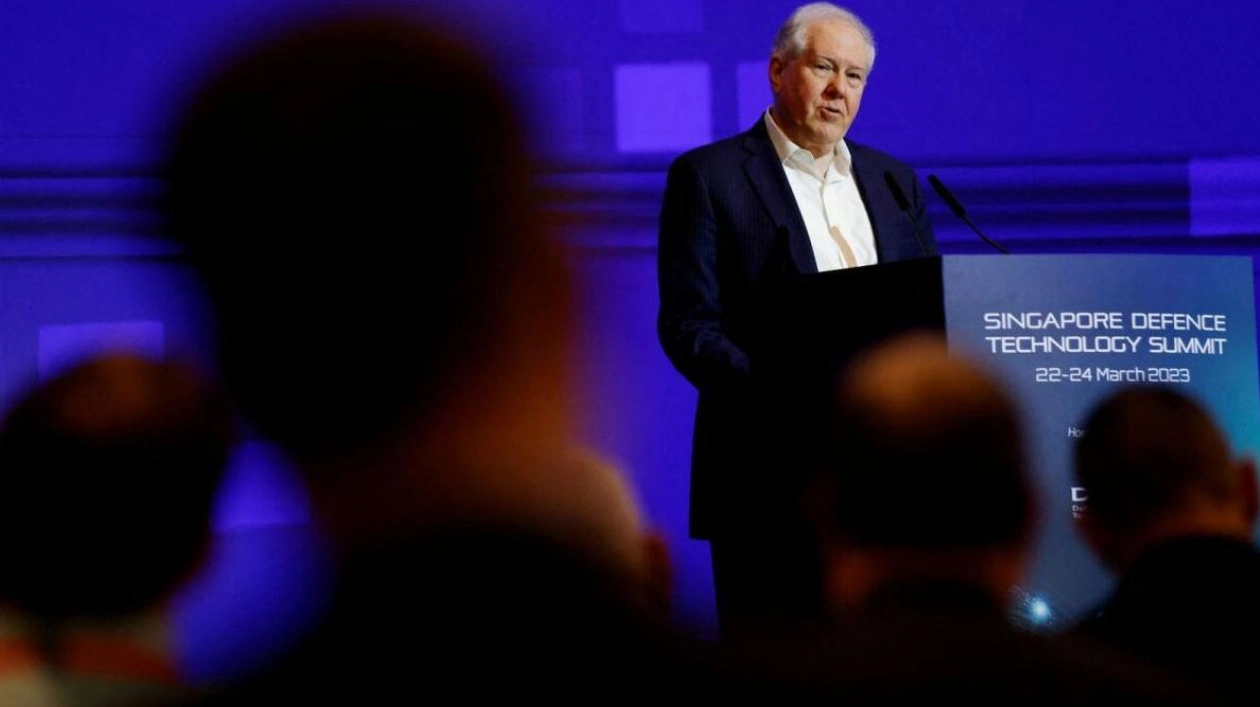The US is set to thoroughly examine its strategy for the Next Generation Air Dominance (NGAD) platform, which encompasses a future array of fighter jets and drones, before proceeding with the project, according to Secretary of the Air Force Frank Kendall. The initiative, which includes a potential replacement for the F-22, has faced criticism due to its escalating costs, which have surpassed $300 million per unit, tripling the expense of an F-35. Kendall emphasized the need to address emerging threats, likely pointing to China's rapid military advancements. The proposal to integrate drones or Collaborative Combat Aircraft (CCA) will continue to be a key element of the plan.
Kendall expressed the need for a robust design concept before finalizing the commitment, stating this at the Royal International Air Tattoo in Britain, the world's largest military air show. He noted that NGAD was initially conceived under different circumstances, before significant threats emerged, CCAs were introduced, and affordability challenges arose. Kendall indicated that a thorough review of NGAD will precede any advancement, while maintaining the focus on a comprehensive system that includes manned platforms, CCAs, weapon systems, and communications.
The Air Force is also grappling with substantial costs related to renewing its land-based nuclear deterrent and developing the B-21 bomber. Kendall emphasized the importance of ensuring the correct strategic direction before committing to the 2026 budget. Analysts at the air show suggested that the extensive review indicates a desire to reassess whether NGAD is still aligned with the evolving threats from China, especially as the project timeline extends into the 2030s.
Vago Muradian, editor of Defense & Aerospace Report, highlighted that NGAD represents a series of programs aimed at enhancing deterrence against China and ensuring readiness for conflict if needed. Given China's shifting military strategies, the Air Force is questioning whether investing tens of billions of dollars in NGAD is the most effective approach or if alternative methods could achieve similar objectives. Major aerospace companies like Boeing and Lockheed Martin are considered frontrunners in the competition for the core fighter component of the project.
The reevaluation of NGAD has garnered attention in Europe, where projects like Britain's crewed-uncrewed GCAP, in collaboration with Japan and Italy, and the FCAS/SCAF project involving France, Germany, and Spain, may undergo scrutiny. Partners in the GCAP project are anticipated to provide updates at the opening of the Farnborough International Airshow on Monday.






